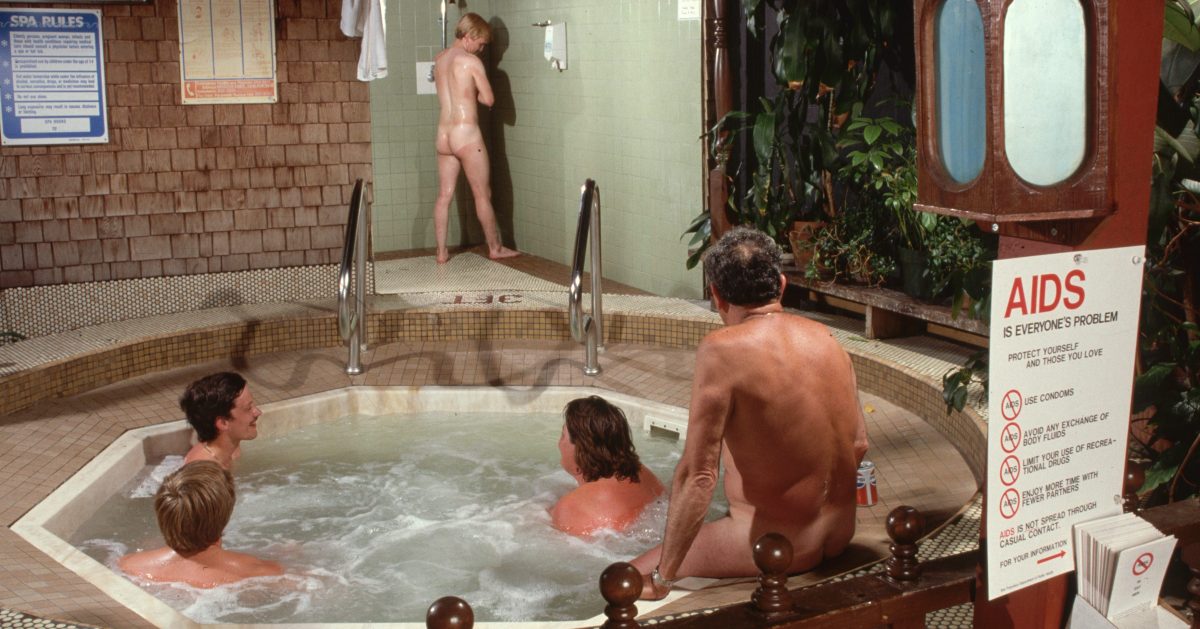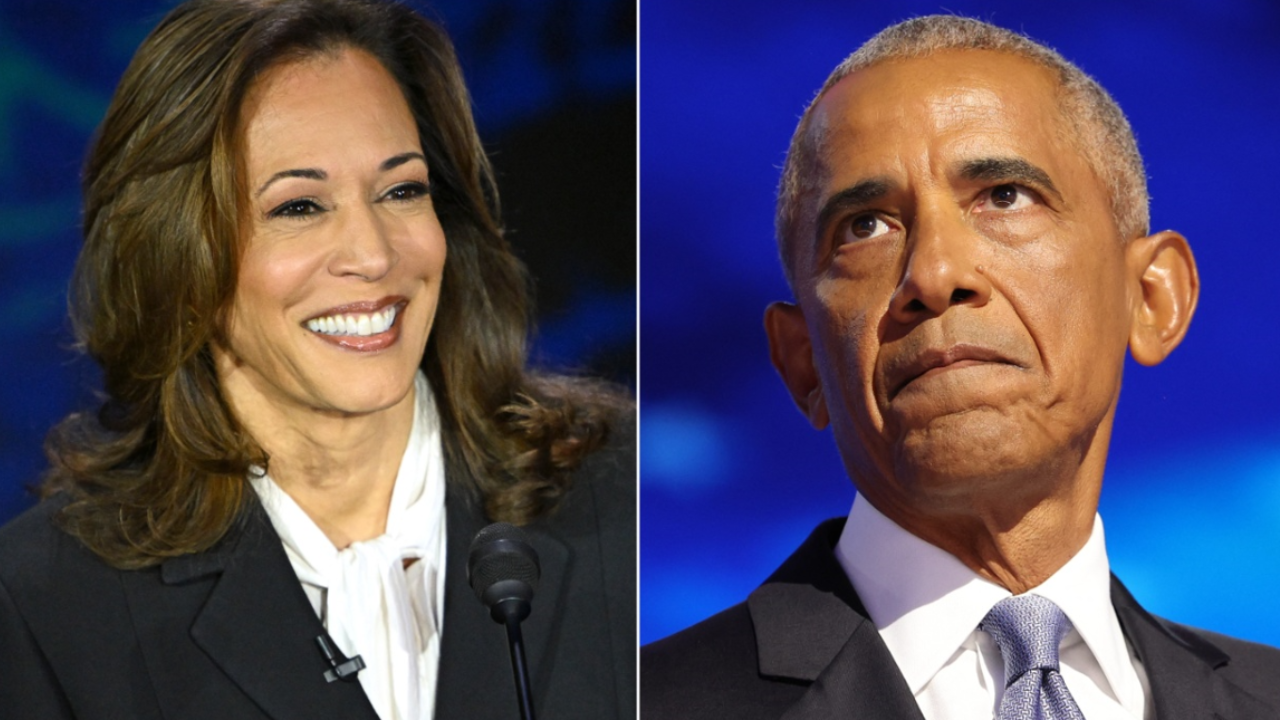San Francisco, CA
San Francisco Giants manager: ‘I don’t plan on coming out for the anthem going forward until I feel better about the direction of our country’


San Francisco, CA
San Francisco's first Black female mayor is in a pricey battle for a second term
SAN FRANCISCO (AP) — When London Breed was elected as San Francisco’s first Black woman mayor, it was a pinch-me moment for a poor girl from public housing whose ascension showed that no dream was impossible in the progressive, compassionate and equitable city.
But the honeymoon was short-lived as a COVID-19 pandemic shuttered stores and tech workers retreated to home offices. Tent encampments surged and so did public drug use.
Breed now finds herself in a pricey campaign as she battles for a second term.
The moderate Democrat faces four main challengers on the Nov. 5 ballot, all fellow Democrats, who say Breed has squandered her six years in office. They say she allowed San Francisco to descend into chaos and blamed others for her inability to rein in homelessness and erratic street behavior, all while burglarized businesses pleaded for help.
Her closest competitors appear to be Mark Farrell, a former interim mayor and venture capitalist who is the most conservative of the group, and Daniel Lurie, an anti-poverty nonprofit founder and an heir to the Levi Strauss fortune who has pumped at least $6 million of his own money into his first bid for mayor.
The other two are Aaron Peskin, president of the Board of Supervisors, the most liberal of the candidates, and Ahsha Safaí, a city supervisor and former labor organizer.
Streets have become cleaner and homeless tents much harder to find, but the daytime shooting in September of 49ers rookie Ricky Pearsall in a popular central shopping district reignited the public safety issue.
“Even though San Francisco is seen as this kind of West Coast liberal icon, the city has experienced a series of episodes that challenge that, and that puts voters into kind of a testy mood,” said David McCuan, a political science professor at Sonoma State University.
McCuan added that he thinks Breed still has the advantage, but “she’s just got difficulties around her.”
The Nov. 5 vote in a presidential election year is happening amid a national debate on public safety and a statewide vote on a tough-on-crime proposition that would, if approved, reclassify some misdemeanor theft and drug crimes as felonies.
Voters concerned over crime ousted progressive San Francisco prosecutor Chesa Boudin in a rare recall in 2022, and across the bay this year, the Oakland mayor is facing a recall election due in part to crime concerns.
In an interview, Breed, 50, said San Francisco is turning a corner — thanks to her hard work — and voters she meets are upbeat.
She championed a pair of successful public safety ballot measures in the March primary to expand police powers and compel some people into drug treatment. She ordered a crackdown on homeless tent encampments following a U.S. Supreme Court decision that said bans on outdoor sleeping are allowed. Reported crime is down.
“We laid the groundwork, and now people are reaping the benefits of our infrastructure projects, the capacity we built and the technology we’re using to combat crime,” Breed said, adding that voters “know that someone’s in charge and making it happen.”
Farrell challenged that notion at a meeting with voters at a boisterous gastropub on a recent evening, saying Breed failed to maintain the streets he cleared of tents when he was interim mayor in 2018. Farrell, 50, was a city supervisor who served in the role for six months following the death of Mayor Ed Lee.
What to know about the 2024 Election
He envisions a San Francisco where police feel respected and older residents don’t have to hire private security when the city has a $15 billion annual budget.
“San Franciscans, given the state of our city right now, want not only a change of leadership, but a sense of direction for the city,” Farrell said in an interview this week.
Lurie, 47, says voters deserve a true public servant and that as a political outsider, he has the experience to overhaul corrupt government bureaucracy.
Voters are “desperate, desperate for someone that is going to come in there and bring accountability,” Lurie said.
As founder of the nonprofit Tipping Point Community, he says, he built tiny cabin shelters and permanent subsidized housing at a fraction of the cost and time that it would take City Hall.
Breed, Farrell and Lurie all have strong ties to wealthy business donors.
Lurie leads in fundraising with more than $13 million, including $1 million from his mother, businesswoman Miriam Haas, to an outside committee supporting his candidacy. Breed has collected more than $4.6 million, including $1.2 million from former New York City Mayor Michael Bloomberg, while Farrell has raised $3.5 million.
All three candidates also carry baggage.
Breed is embroiled in an unfolding scandal over financial mismanagement in the Dream Keeper Initiative, her marquee racial equity program for Black communities. The mayor says the program does good work.
Farrell has been accused by opponents of dodging campaign contribution limits by pooling staff and office costs with a campaign he established in support of a ballot measure, which can accept unlimited donations. Farrell says he is following the law.
And critics of Lurie say the affordable housing project his nonprofit built cannot be replicated citywide because it used a construction method opposed by local labor unions and required massive private investment. Lurie says naysayers will naysay.
San Francisco elects its mayor using a ranked choice voting system that could yield a winner who did does get the most first-place votes. It also can encourage unusual alliances between rival candidates and, indeed, this week Farrell and Safaí agreed to ask their supporters to make the other their No. 2 pick.
Breed won election as mayor in June 2018 to serve out the remainder of Lee’s term and was reelected in 2019 to a full term that has lasted five years instead of the typical four after voters changed the election calendar to line up with presidential contests.
San Francisco, CA
Can San Francisco fix its public image? Mayoral hopefuls vow to restore the iconic city

SAN FRANCISCO (KGO) — With just about a month left until the November election, the top candidates in the race for San Francisco mayor are battling to be voters’ top choice.
In interviews with the four leading candidates, ABC7 News anchor Reggie Aqui teamed up with our media partner The San Francisco Standard and its political and business reporter Annie Gaus, along with Kara Swisher, author and host of the “On with Kara Swisher” podcast. Our panel asked the candidates about some of the biggest issues facing the city: including public safety and crime, homelessness, downtown recovery and the economy, tourism and public perception of the city.
WATCH: Top San Francisco mayoral candidates detail vision for city, tackling crime, homelessness and more
All four candidates – Mayor London Breed, Aaron Peskin, Mark Farrell and Daniel Lurie – were in agreement about the severity of the homelessness problem in San Francisco, but they all differ in approaches for solutions.
In recent years, especially following the pandemic, San Francisco has struggled like other major metropolitan areas. But the city has particularly been the target of conservative media outlets or politicians, blaming Democratic policies for the city’s struggles.
All four candidates acknowledged the city has had a PR problem, but maintained their love for San Francisco and its ability to bounce back as a crown jewel of the West Coast.
Farrell: city perception cannot change until problems solved
Former interim mayor Mark Farrell said it’s going to take a leader who can help rapidly solve some of San Francisco’s biggest issues before the city’s reputation can actually be restored.
“Unless you fix the underlying issues that are truly making it tough for people who live here – but also people that visit here – to me, it’s like lipstick on a pig, right? We need to have sustainable growth, sustainable difference in San Francisco,” Farrell said.
He said he will also prioritize marketing the city to the business and tourist community.
Lurie says he knows how to deliver on big projects
Levi’s heir and nonprofit executive Daniel Lurie said his years of experience at the helm of Tipping Point, his antipoverty nonprofit, makes him the most qualified in these types of projects.
“I’ve housed over 40,000 people since 2015. I know how to get big things done. And the key component of all of it is holding people accountable. If you want more of the same, you got four other people to choose from. If you want something different, if you want change in this city, I’m all I’m here for it,” Lurie said.
Lurie also touted his work on Super Bowl 50, saying then-Mayor Ed Lee reached out to him to chair the bid to bring the Super Bowl to San Francisco.
“It wasn’t because I was a sports guy. It was because he knew that I could deliver and we did. We brought a global sporting event $240 million of economic revenue,” he said.
Peskin: Board experience taught him to “work with people” on major issues
Aaron Peskin – longtime SF politician and current President of the Board of Supervisors – says his years of working with different types of people on the board has taught him cooperation, which he thinks will be key in tackling some of these issues.
“I try to figure out what the best path forward is. I work with experts. I try to bring people together,” he said.
Peskin cited his recent work with Mayor London Breed on a mixed-use zoning project downtown, despite her being his current political opponent.
“The work that Mayor Breed and I did to change the zoning downtown, to build more housing; the work that I’m doing with my colleagues, to provide more affordable financing so we can address our housing crisis. But ultimately you listen to people and then you implement,” he said.
Breed says SF is on the rise again thanks to her leadership
Public safety and crime are main contributing factors when it comes to the international view of San Francisco in recent years.
Recent incidents – like the shooting of 49ers wide receiver Ricky Pearsall – have garnered negative national attention for the city. But the incumbent mayor insists, San Francisco’s overall numbers are trending in the right direction.
Breed said crime rates are improving, largely due to newer technology police departments are able to take advantage of.
“Crime is lower than it’s been in a decade. And one of the great things we have now that we didn’t have before was 21st century technology. Never in the history of our police department were we able to use drones and cameras and other equipment, which has led to a remarkable change around crime,” she said.
But the mayor acknowledges, there are still improvements to be made across the board.
“We are well on our way. And when I say well on our way, many larceny thefts overall are down, especially car break ins,” Breed said. “This year, we’re excited about the new numbers, the new data. But again, unless you feel it, we of course still have work to do. And I acknowledge that.”
You can watch the full interviews with all four candidates, here.
Copyright © 2024 KGO-TV. All Rights Reserved.
San Francisco, CA
Gay bathhouses could come again. For once, no one is moaning

“We’re gonna try to make these happen,” Mandelman said in an interview. “Or at least ensure that the city is not the barrier to this happening.”
His first try was unwinding restrictions on the operation of gay bathhouses in the city’s health code, a legacy of the AIDS crisis. He followed that by changing the planning code to allow bathhouses and sex clubs to operate in a larger swath of the city. Most recently, he’s attempting to remove the ultimate authority to regulate and permit these businesses from the San Francisco Police Department.
Mandelman introduced legislation Tuesday that would repeal Article 26 of the police code, which outlines standards around sanitation but also requires businesses to keep a registry of all patrons and prohibits services from being offered behind locked doors. The hope is to get the law passed by the end of the year.
In a rare bit of San Francisco comity, pretty much everyone is on board. The Department of Public Health was already responsible for much of the Article 26 oversight, and a stretched police department was happy to get it off its plate. Police found themselves ill-equipped to answer questions about waterproofing and what exactly counts as a prohibited “service.”
What goes on inside a sex club may be the stuff of feverish imaginings, but the business of running one is more prosaic, particularly in San Francisco, where red tape is less a bondage prop and more a fact of life.
Although the Tenderloin queer sex club Eros features a glory-hole alley, video play areas, and a handful of sex slings, what’s top of mind for co-owner Ken Rowe in running the 30-year-old business are his real estate footprint, throughput, and the rising cost of insurance.
Over the years, he’s seen several efforts try and fail to spin up a bathhouse in the city. One of Rowe’s biggest outstanding questions is about utilities. With prices through the roof and the state in perpetual drought conditions, who can afford to fill, clean, and refill pools?
“There’s a reason why we describe ourselves as a sex club. We’re not trying to confuse people,” Rowe said. “But we’ve always said we do better when there’s more choices.”
The allure of reviving bathhouse culture in a gay mecca — paired with a city government trying to make the process easier — has inspired locals to try their hand.
-
/cdn.vox-cdn.com/uploads/chorus_asset/file/25439572/VRG_TEC_Textless.jpg)
/cdn.vox-cdn.com/uploads/chorus_asset/file/25439572/VRG_TEC_Textless.jpg) Technology2 days ago
Technology2 days agoCharter will offer Peacock for free with some cable subscriptions next year
-

 World2 days ago
World2 days agoUkrainian stronghold Vuhledar falls to Russian offensive after two years of bombardment
-

 News1 week ago
News1 week agoVideo: Where Trump and Harris Stand on Democracy
-

 World2 days ago
World2 days agoWikiLeaks’ Julian Assange says he pleaded ‘guilty to journalism’ in order to be freed
-

 Business1 week ago
Business1 week agoVisa, Google, JetBlue: A Guide to a New Era of Antitrust Action
-

 Technology1 day ago
Technology1 day agoBeware of fraudsters posing as government officials trying to steal your cash
-

 Education1 week ago
Education1 week agoVideo: Los Angeles Bus Hijacked at Gunpoint
-

 Politics1 week ago
Politics1 week agoFLASHBACK: VP Harris pushed for illegal immigrant to practice law in California over Obama admin's objections














